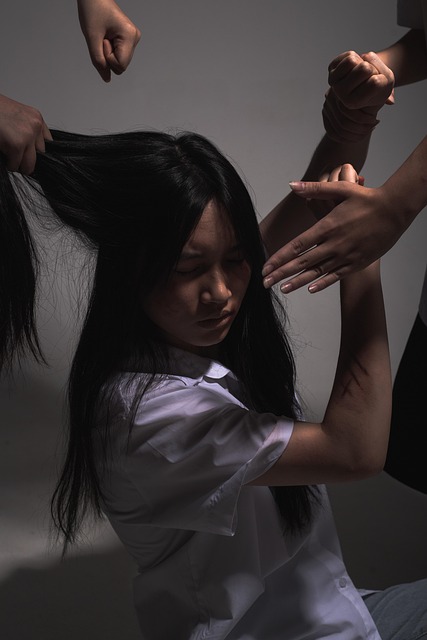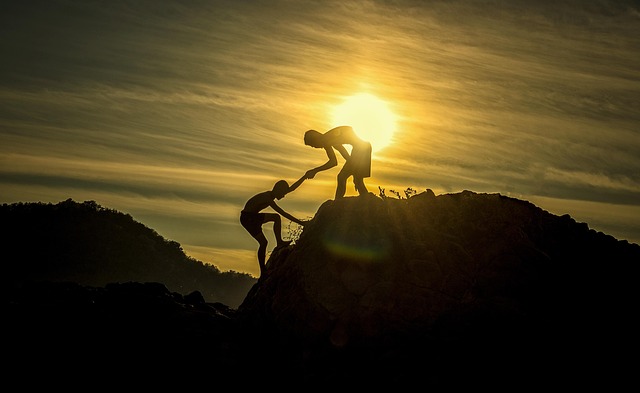Teen Challenge programs, while aiming to rehabilitate at-risk youth through religion, can sometimes become environments conducive to abuse. Survivors may exhibit trauma symptoms like flashbacks, nightmares, mood swings, trust issues, and low self-esteem. Key indicators of mistreatment include extreme control, isolation, physical or psychological punishment, and manipulation. Accessing specialized support is crucial for healing; these resources offer counseling, legal aid, medical care, peer groups, and trauma-informed therapy. The initial step in recovery involves acknowledging the trauma and seeking professional help, followed by building emotional resilience through support networks and understanding one's rights.
“Facing Life After Teen Challenge: A Guide for Survivors
Many teens experience exploitation and abuse within structured programs like Teen Challenge. This article illuminates the red flags indicative of such abuse, offering crucial insights for parents, educators, and survivors. We explore the diverse support networks available, from counseling services to online communities, empowering individuals to take the first step towards healing. Additionally, we provide a roadmap for survivors navigating their journey towards recovery, emphasizing resilience and self-care.”
- Understanding Teen Challenge Abuse: Recognizing the Red Flags
- Support and Resources Available for Survivors
- Healing and Recovery: Navigating the Journey Ahead
Understanding Teen Challenge Abuse: Recognizing the Red Flags

Teen Challenge, often perceived as a religious program offering rehabilitation for at-risk youth, can unfortunately also be a breeding ground for abuse. Recognizing the red flags is crucial for survivors seeking help and for those aiming to support them. Key indicators of Teen Challenge abuse include extreme control over participants’ lives, isolation from family and friends, physical or psychological punishment, and coercion or manipulation into staying. Survivors may exhibit signs of trauma, such as flashbacks, nightmares, or sudden mood changes, and they might struggle with trust issues and low self-esteem.
Understanding these red flags is the first step in providing aid to survivors. If you suspect someone is experiencing abuse within a Teen Challenge program, encourage them to reach out to trusted outsiders, report their concerns to relevant authorities, or connect with support groups specializing in helping survivors of religious-based abuse. These steps can be vital in guiding survivors towards safety and recovery.
Support and Resources Available for Survivors

For survivors of Teen Challenge abuse, seeking support and resources is a critical step towards healing and recovery. Many organizations and hotlines are dedicated to providing safe spaces for individuals who have experienced abuse within such programs. These resources offer a range of services, including counseling, legal aid, and medical assistance, tailored to address the unique needs of Teen Challenge survivors.
Many non-profit organizations and government agencies have specific programs in place to support young people who have faced emotional or physical abuse. These initiatives often include peer support groups, where survivors can connect with others who have gone through similar experiences, fostering a sense of community and understanding. Additionally, therapists and counselors skilled in trauma-informed care are available to provide one-on-one therapy, helping individuals process their experiences and develop coping strategies for the long term.
Healing and Recovery: Navigating the Journey Ahead

Healing and recovery from Teen Challenge abuse is a journey that requires patience, understanding, and access to appropriate resources. The first step is acknowledging the trauma and seeking professional help. Many survivors find comfort in therapy, where they can process their experiences and develop coping mechanisms. Counsellors specializing in abusive environments offer valuable support tailored to their unique needs. This initial phase is crucial for building a foundation of emotional resilience.
Support groups and community networks also play a significant role in the recovery process. Connecting with peers who have gone through similar experiences provides a safe space for sharing stories, offering encouragement, and gaining different perspectives. These connections can foster a sense of belonging and help survivors realize they are not alone in their struggle. Additionally, educational resources and self-help tools empower abuse survivors to understand their rights and make informed decisions as they rebuild their lives.
For those who have experienced abuse within Teen Challenge programs, finding support and resources is a vital step towards healing. By recognizing the red flags and understanding the dynamics of this type of abuse, survivors can take the first step toward recovery. The resources available offer a network of support, ensuring that no one navigates this journey alone. With access to counseling, support groups, and specialized services, survivors can begin to process their experiences and rebuild their lives, ultimately empowering them to break free from any remaining trauma.
